On March 18, 2024, Dick Smith argued that there is a necessary role for nuclear in Australia’s energy mix (for which he has been a longstanding champion).
Media reports suggest the ABC has made a humiliating back down in apologising to Dick Smith for its original March 22 report titled, Dick Smith says no country has ever been able to run entirely on renewables.
Already a subscriber? Log in
Subscribe for just $2 a week
Try a month of The Spectator Australia absolutely free and without commitment. Not only that but – if you choose to continue – you’ll pay just $2 a week for your first year.
- Unlimited access to spectator.com.au and app
- The weekly edition on the Spectator Australia app
- Spectator podcasts and newsletters
- Full access to spectator.co.uk
Or

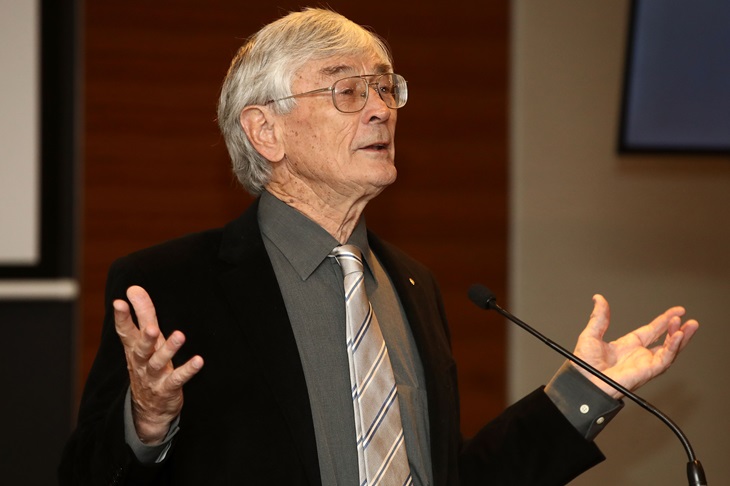

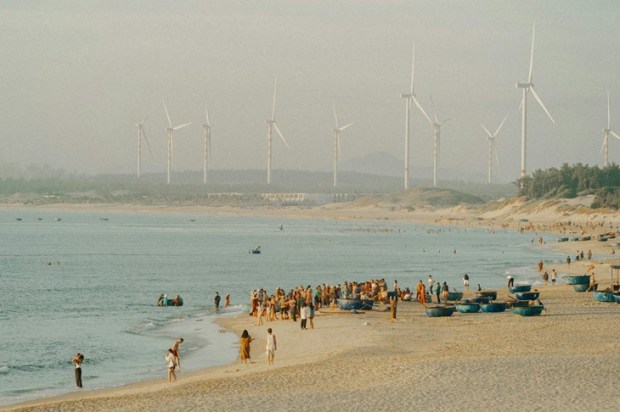
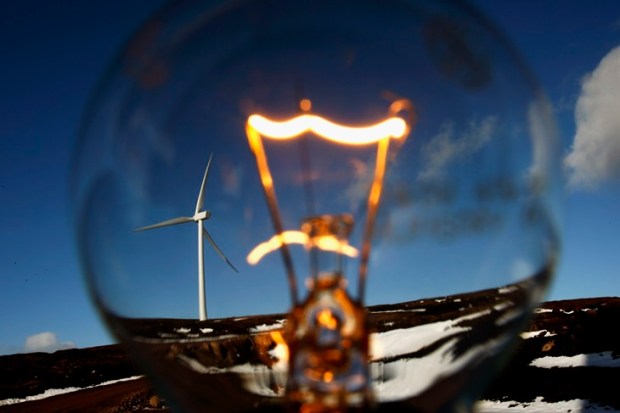
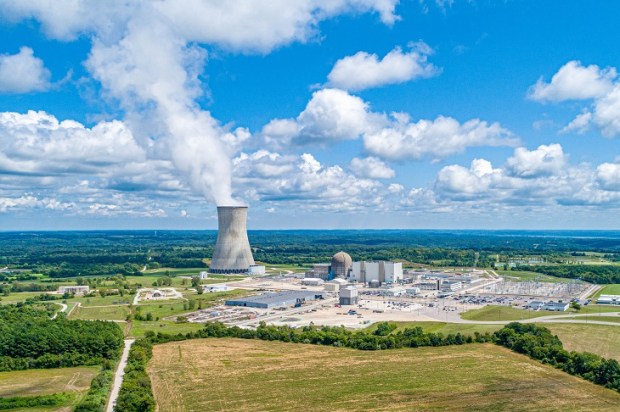

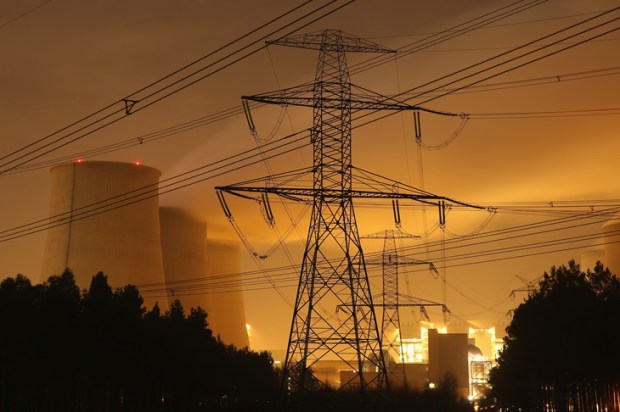


















Comments
Don't miss out
Join the conversation with other Spectator Australia readers. Subscribe to leave a comment.
SUBSCRIBEAlready a subscriber? Log in